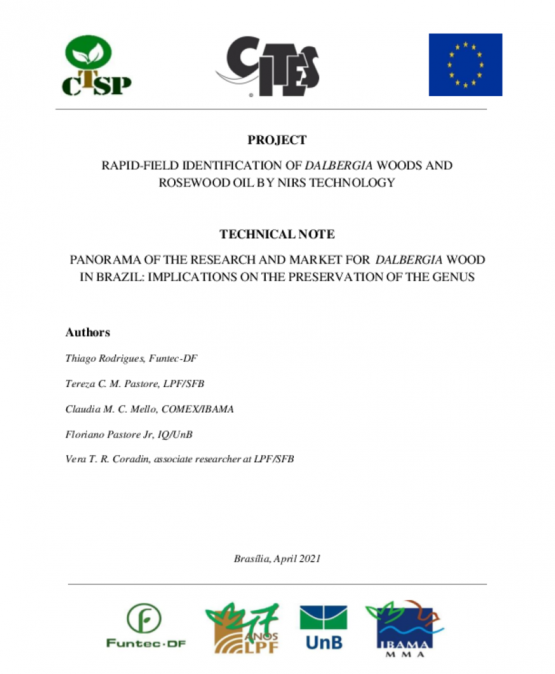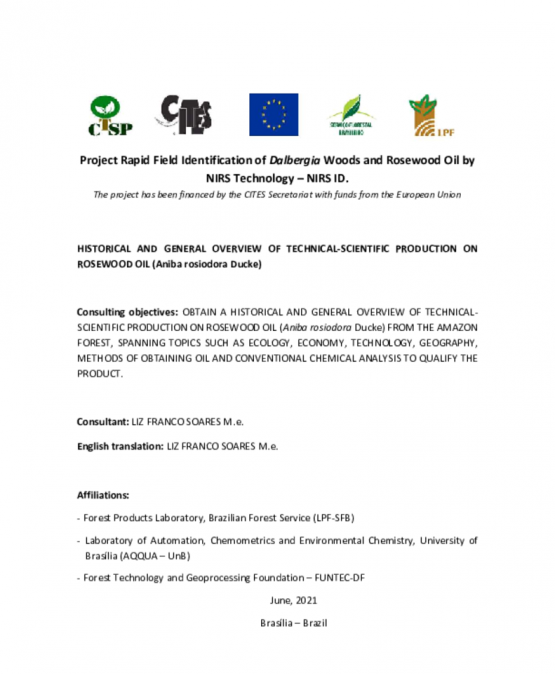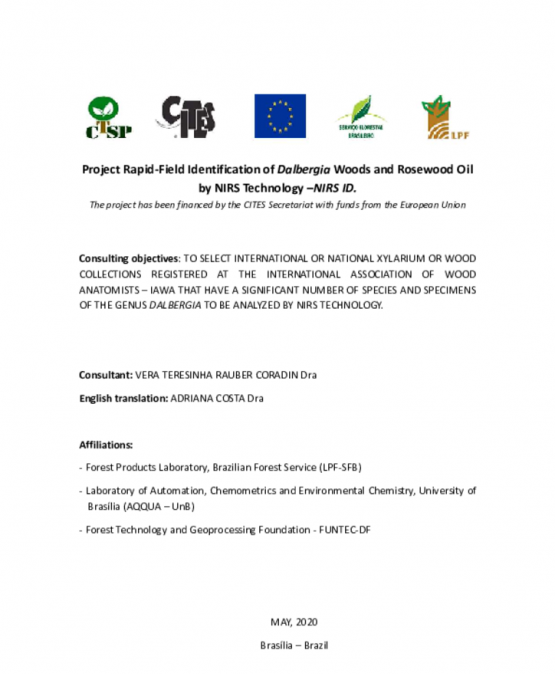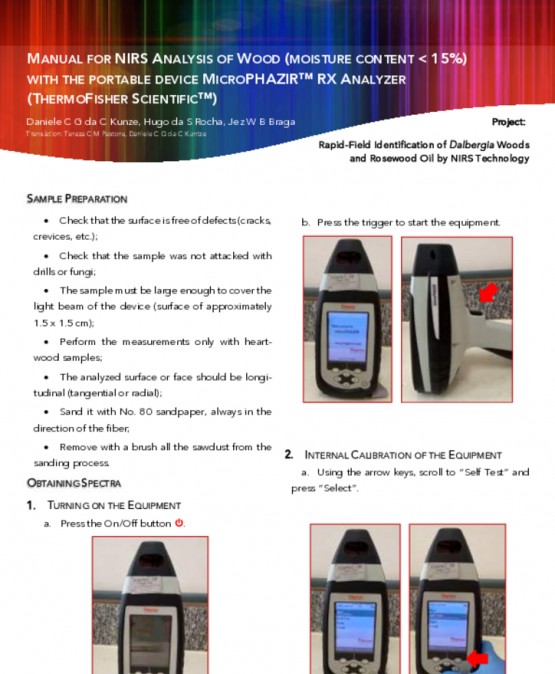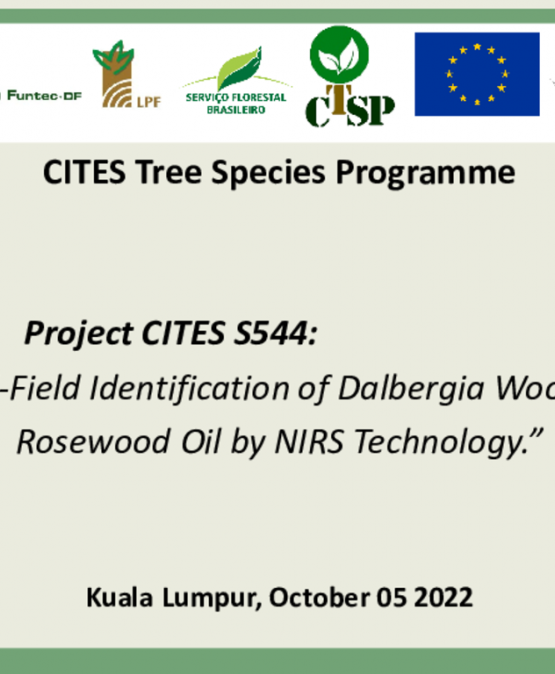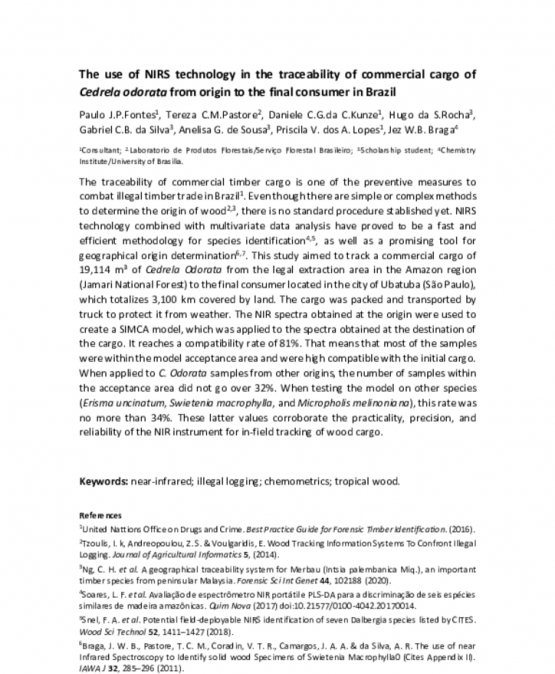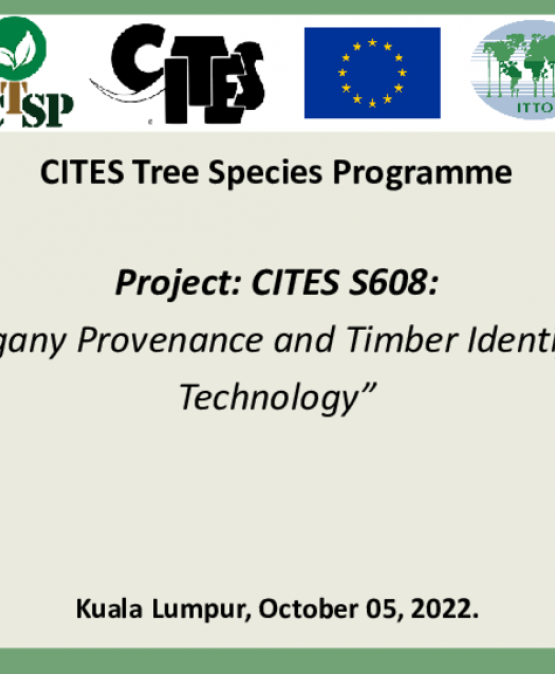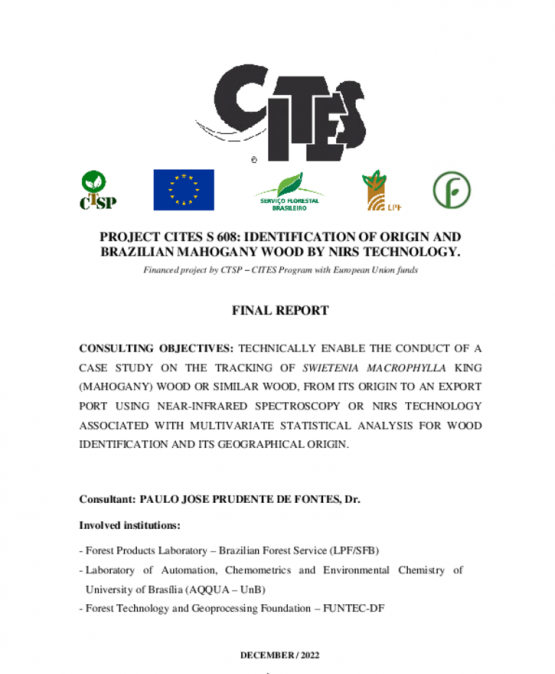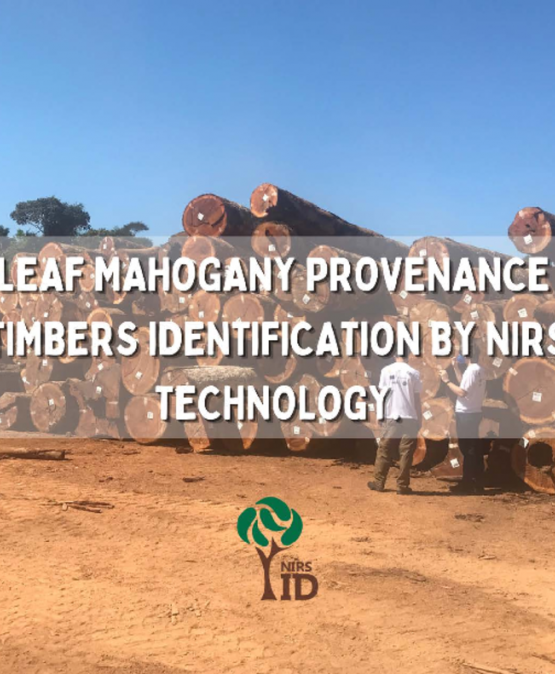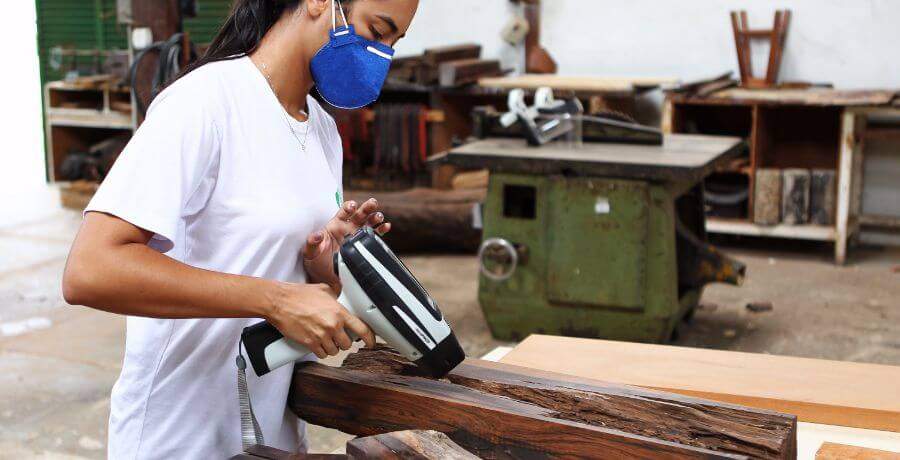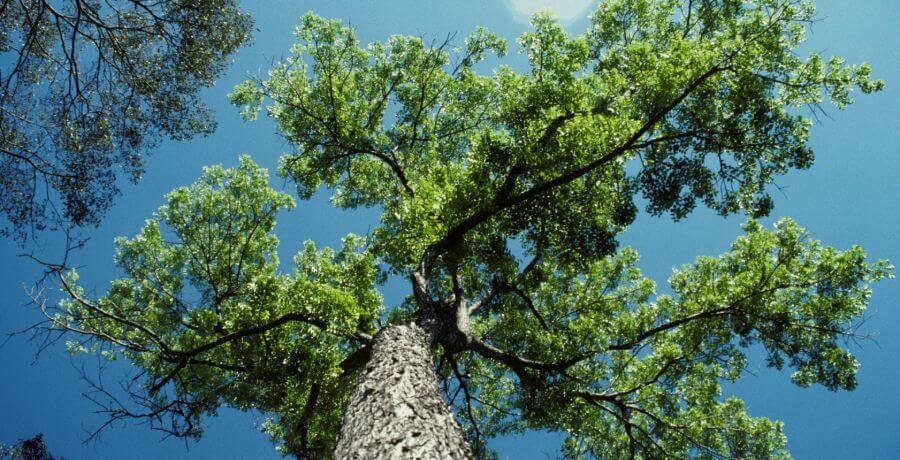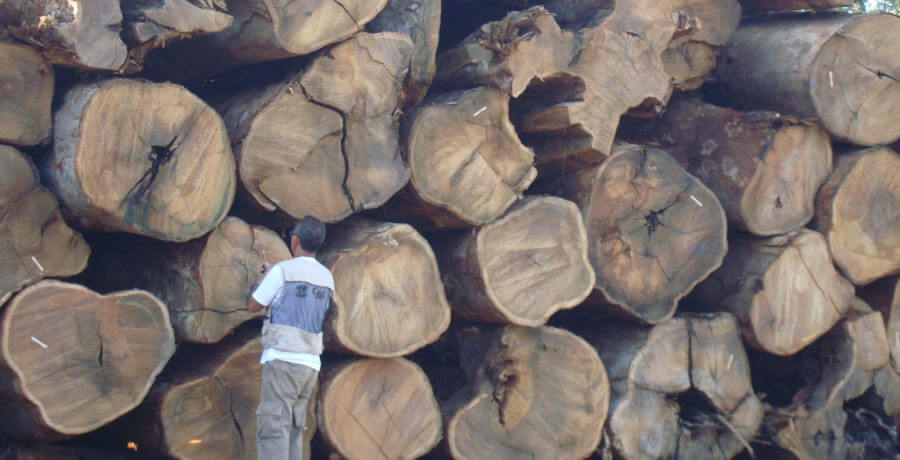The designations employed and the presentation of material on this map do not imply the expression of any opinion whatsoever on the part of the Secretariat of the United Nations concerning the legal status of any country, territory, city or area or of its authorities, or concerning the delimitation of its frontiers or boundaries. Final boundary between the Republic of Sudan and the Republic of South Sudan has not yet been determined. Dotted line represents approximately the Line of Control in Jammu and Kashmir agreed upon by India and Pakistan. The final status of Jammu and Kashmir has not yet been agreed upon by the parties. A dispute exists between the Governments of Argentina and the United Kingdom of Great Britain and Northern Ireland concerning sovereignty over the Falkland Islands (Malvinas).
The main objective of project 1 is the expansion of the use of NIRS Technology to between two forest products: Dalbergia wood species and rosewood oil in field conditions. Therefore, this project, which will directly contribute to the expected output of the CITES Tree Species Programme, is part of a long-term research project for the development of a user-friendly, rapid, powerful, non-destructive, cost-effective, reliable prediction methodology for wood identification which could be used by environmental enforcement agents at checkpoints. The use of NIRS identification models is feasible to export to multiply its application, for its reasonable cost equipment, field mobility and easiness of training forest agents.
The main objective of project 2 is to verify the feasibility of using NIRS Technology to monitor Swietenia macrophylla wood from its origin to the port of export. The project can be considered as an extension of the mahogany and similar wood identification project to the field situation. The NIRS methodology is proven to be functional for controlled analysis situations, and however, for the field situation, wood moisture is an impediment. Thus, in this project, an innovative, punctual and fast wood drying proposal will be tested. Values below 12% of wood moisture necessarily have to be reached for the discriminatory models to work accurately.
The same NIRS methodology can be applied for three distinct purposes: identifying the forest species, identifying the geographic origin, and monitoring the transport of wood. NIRS identification models are viable because they present results in real-time, have equipment of reasonable cost, have mobility, and are easily handled.
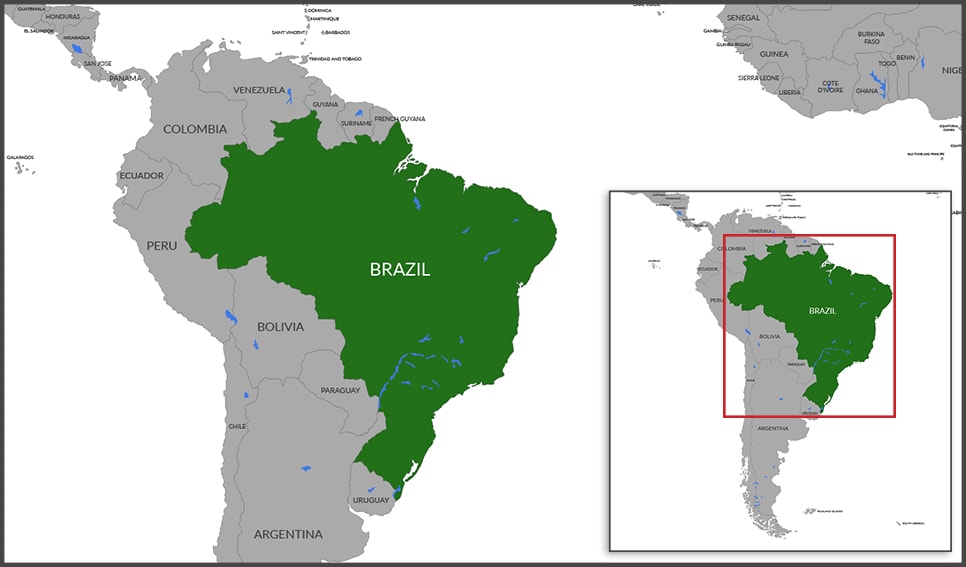
Project 1
Rapid-field identification of Dalbergia woods and rosewood oil by NIRS technology
24 months
Fundación de tecnologica forestal y geoprocesamient (FUNTEC.DF), SHCN/CL 316 Blooo B Loja 51 70.775-520, Brasilia, OF. Brasil.
English
Project 2
Big-leaf mahogany provenance and timber identification by NIRS Technology
English
12 months
Fundación de tecnologica forestal y geoprocesamient (FUNTEC.DF), SHCN/CL 316 Blooo B Loja 51 70.775-520, Brasilia, OF. Brasil.
KEY STATISTICS
HUMAN POPULATION
209.29 million
LAND AREA (km2)
8,516,000
FOREST COVER (km2)
4,925,540
FOREST COVER (%)
58.9


